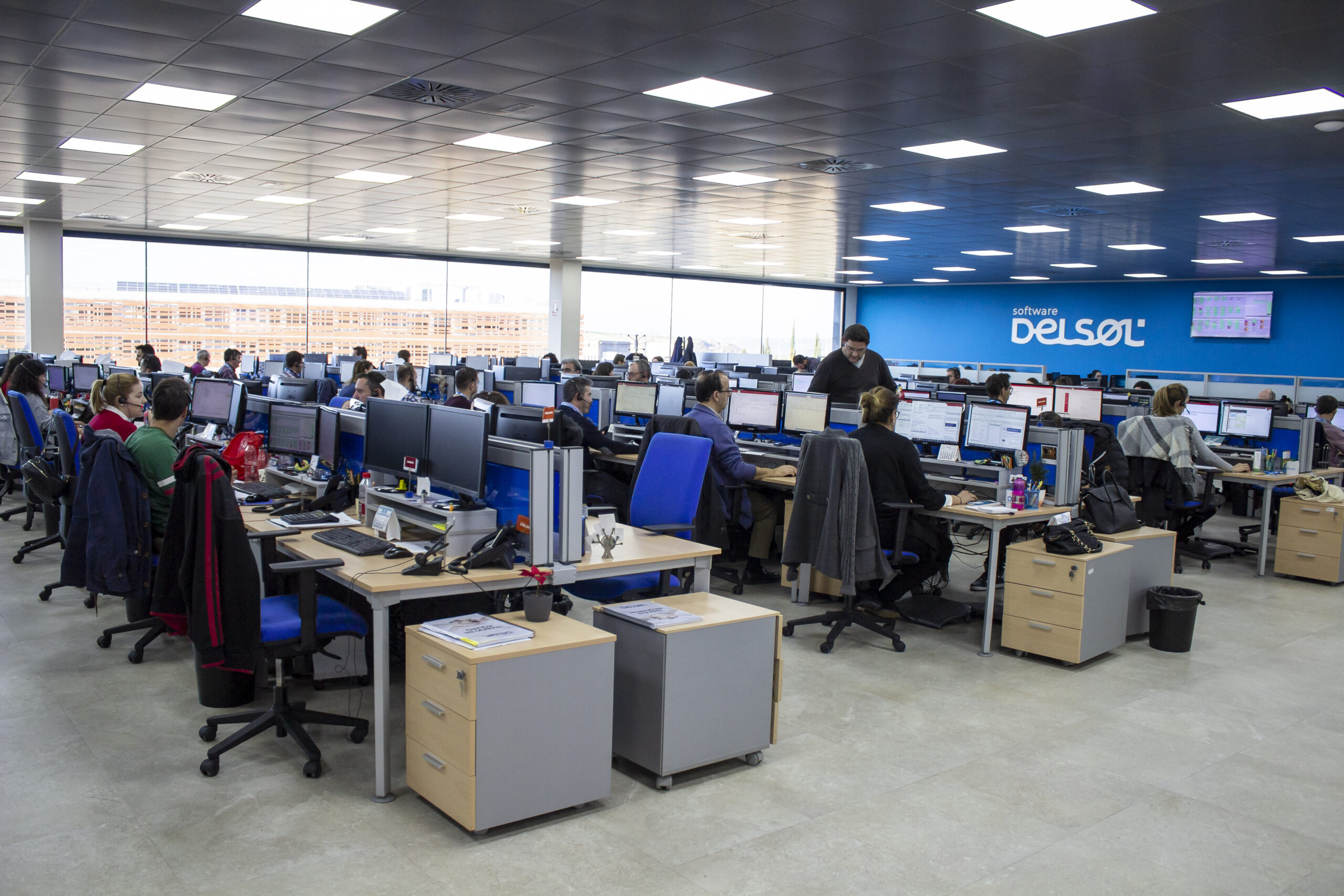Articles

Smart Cities: Urban Sustainability at the Forefront
29 de April de 2024

Towards the end of 2022, a pilot program was conducted in the UK with over 70 companies, and it changed the way we think about the future of work. This was the largest experiment of its kind: more than 3,300 empldoyees were invited to switch to a four-day workweek without a pay cut. And it was a success. Once the results were published —supported and coordinated by esteemed institutions such as the University of Cambridge, Oxford, and Boston College— the future looked brighter. Now, this model is being exported to other Western countries to see if it’s just as effective there.
In Spain, the reduction to a four-day workweek happened two years earlier, in January 2020. DELSOL, an Andalusian software company, was the first to try out this new model of work. According to Ana Arroyo, the company’s Head of People Selection and Development, “it all began when we surveyed the staff to find out what they valued the most when working for a company. The majority responded that work-life balance was important so that they could have free time and be with their family. So, we got to work,” she said.

The path towards this new system is still somewhat unclear. However, it’s certain that remote work will be a crucial part of it, an option that gained significant momentum post-pandemic and that seems to be here to stay. In recent years, society has been experiencing rapid changes and challenges that need to be addressed, not only because of the consequences brought about by economic crises, pandemics, wars, inflation and an uncertainty, but also due to the needs of the population.
Younger generations no longer see work as the sole path to self-fulfillment. The old adage “do what you love, and you’ll never work a day in your life” no longer holds true for many. This shift in thinking has led to changes in the traditional organization of the labor market, with new types of jobs emerging that are unconventional, independent and often pay less than those of previous generations.
Pilot tests conducted in several European countries have shown that implementing a 4-day workweek has multiple benefits: